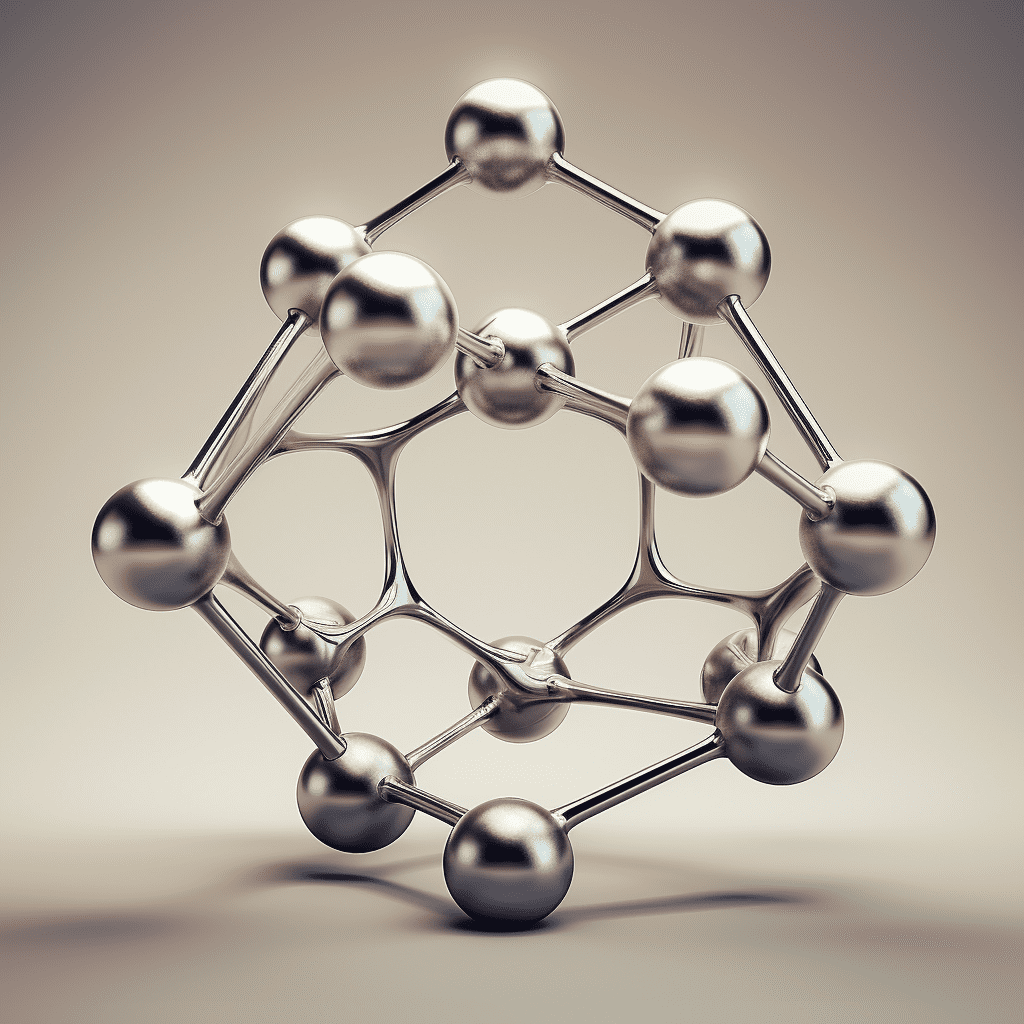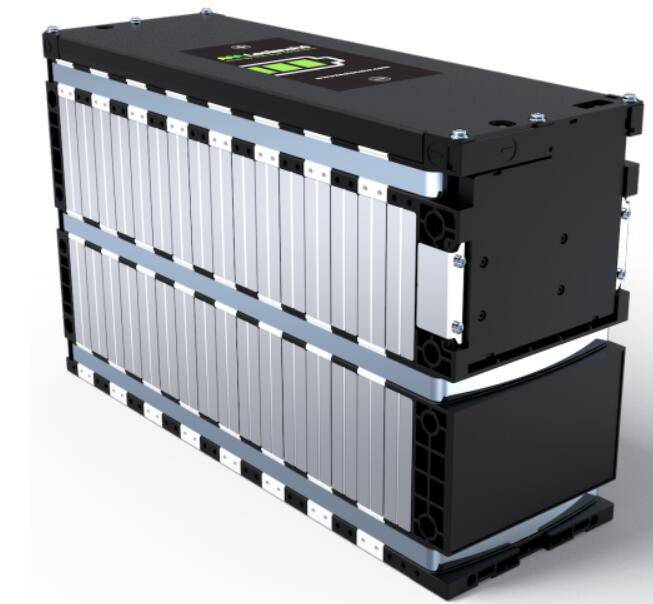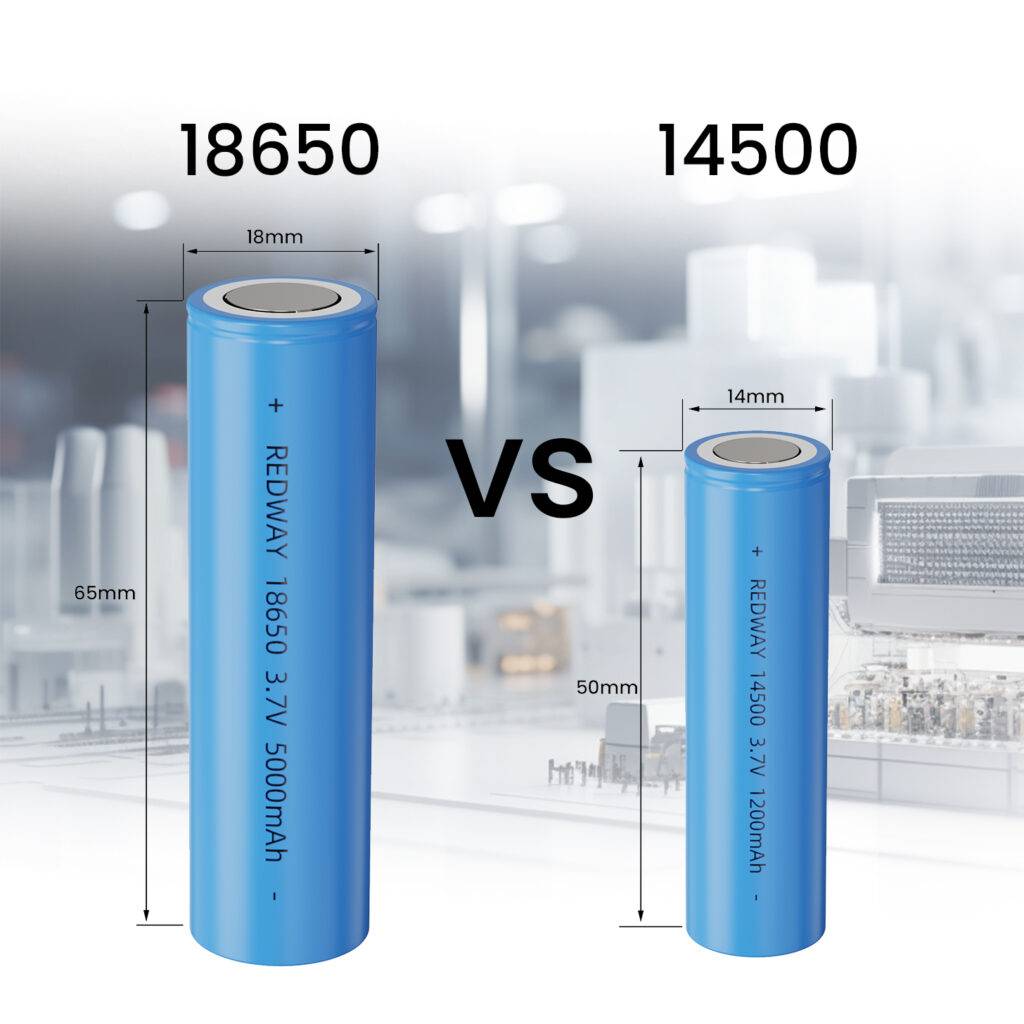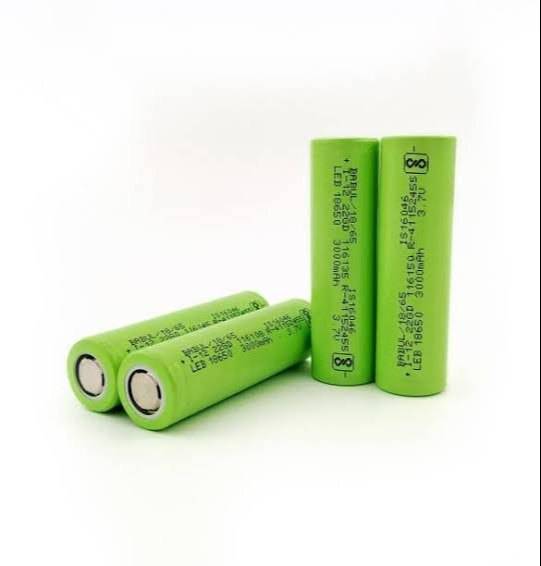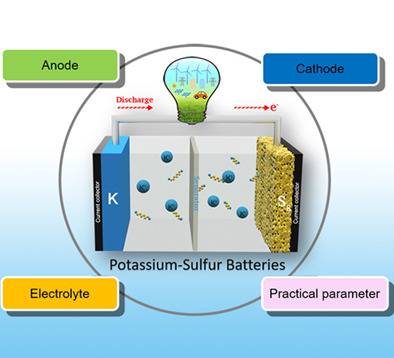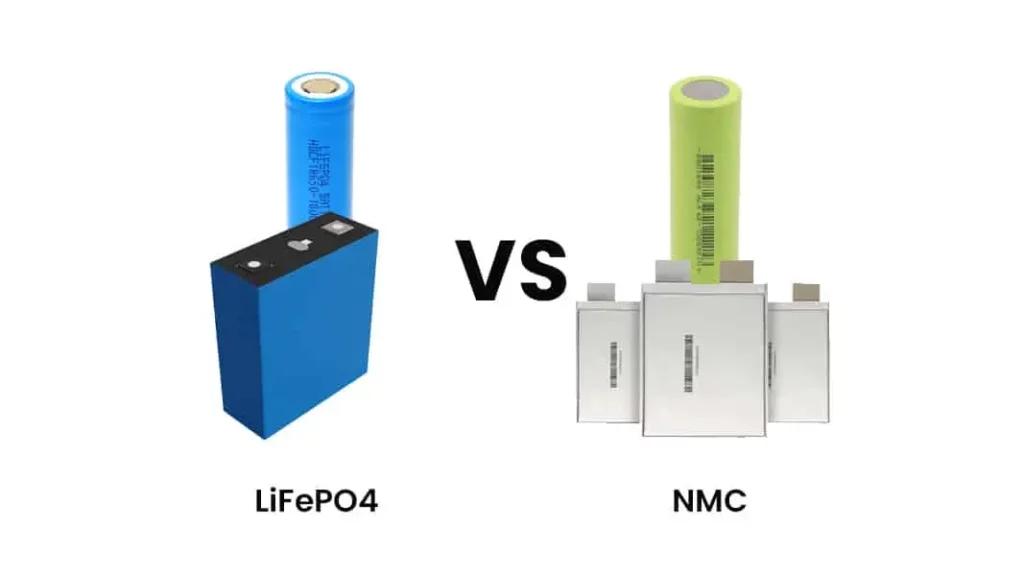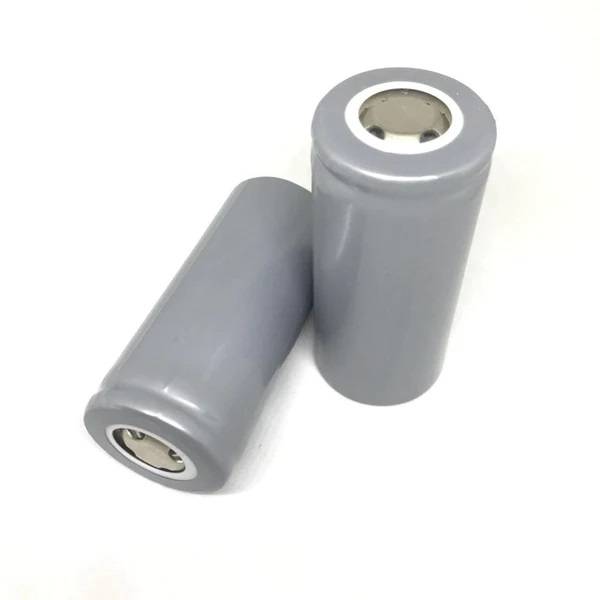Lithium-ion batteries, also known as Li-ion batteries, are a common type of rechargeable battery. They operate by repeatedly embedding and extracting lithium ions between the positive and negative electrodes to facilitate the charge and discharge process.
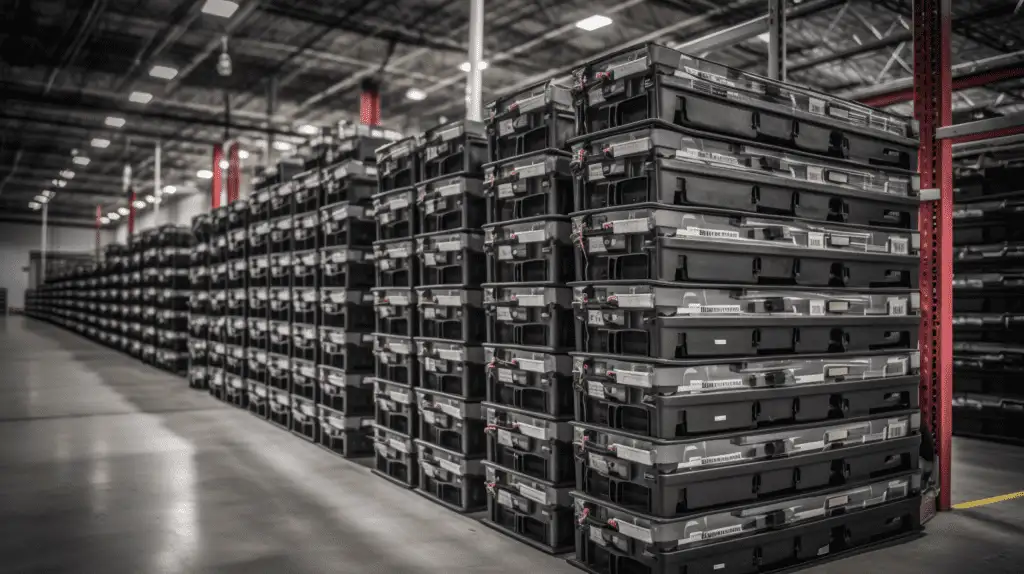
#post_seo_title
Comparison with other types of lithium-ion batteries
Compared to other types of lithium-ion batteries, ternary lithium-ion batteries have higher energy density and better cycle life, making them widely used in various applications such as electric vehicles and portable electronic devices. However, ternary lithium-ion batteries also require adherence to specific usage precautions to ensure their safety and performance.
Precautions to consider when using ternary lithium-ion batteries
| S.No. | Precautions | Explanation |
| 1. | Charging: | Use recommended chargers and charging cables for charging and follow the manufacturer’s charging guidelines. Avoid using inappropriate or low-quality charging equipment to prevent issues like overcharging, over-discharging, or overheating.
|
| 2. | Temperature Control: | Avoid placing ternary lithium-ion batteries in high-temperature or low-temperature environments. Elevated temperatures can reduce battery life and may even pose safety issues. Additionally, battery performance can be compromised in low-temperature |
| 3. | Avoid Overcharging and Over-Discharging: | Try to avoid charging or discharging ternary lithium-ion batteries to their extremes. Overcharging or over-discharging can have a negative impact on battery life. Use professional battery management systems or devices to monitor the charging and discharging processes and ensure they operate within safe limits.
|
| 4. | Prevent Physical Damage: | Ternary lithium-ion batteries are relatively fragile, so avoid physical damage such as impacts, crushing, and bending to ensure their normal functionality and safety performance.
|
| 5. | Water and Moisture Protection | Ternary lithium-ion batteries are highly sensitive to moisture. Avoid submerging the battery in water or exposing it to humid environments to prevent a decrease in battery performance or potential safety risks like circuit shorts.
|
| 6. | Pay Attention to Charging Time: | Disconnect the charger from the battery promptly. Prolonged overcharging can lead to overheating and damage to the charger.
|
| .7. | Monitor Discharge Time: | Avoid discharging the battery to an extremely low state to prevent the battery from being unable to recharge or becoming damaged.
|
| 8. | Storage Conditions: | When not in use for an extended period, charge the ternary lithium-ion battery to around 50% and store it in a dry, well-ventilated, and temperature-appropriate environment to extend its lifespan.
|
The above are just some recommendations, and specific usage and maintenance guidelines should adhere to the instructions and advice provided by the manufacturer. If there are any doubts or confusion regarding the use of ternary lithium-ion batteries, it is advisable to consult with professionals or the manufacturer to obtain accurate guidance.


